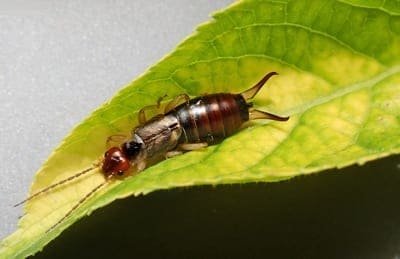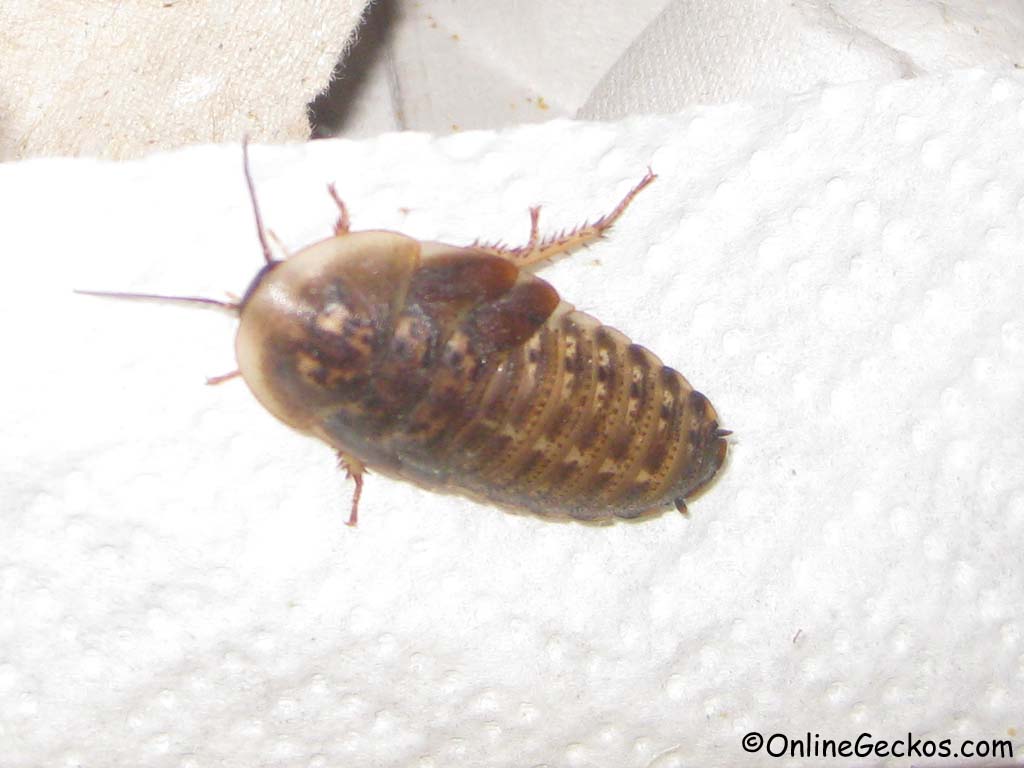Can Leopard Geckos Eat June Bugs

June bugs are a type of beetle that is found in North America. They are also known as May beetles or June beetles. The adults are about ½ inch to 1 inch long and have a dark brown or black body.
June bugs generally come out at night and are attracted to light.Leopard geckos are a type of lizard that is found in Africa and Asia. They grow to be about 8-10 inches long and have a spots on their bodies.
Leopard geckos are nocturnal, which means they are most active at night.Can leopard geckos eat June bugs? Yes, leopard geckos can eat June bugs.
In fact, insects make up a large part of their diet in the wild. So, if you find a June bug outside, your leopard gecko may be interested in it!
If you have a leopard gecko, you may be wondering if they can eat June bugs. The answer is yes! These little lizards are known for their love of insects, and June bugs are no exception.
In fact, leopard geckos will often eat June bugs right out of the air! So if you see your pet gecko snatching at something in mid-flight, chances are it’s a juicy June bug.

Credit: blog.onlinegeckos.com
Can You Feed a Leopard Gecko June Bugs?
Yes, leopard geckos can eat June bugs. They are a type of beetle that is relatively easy to find and make a good diet for these lizards. June bugs are high in protein and fat, which helps Leopard geckos grow and stay healthy.
While they can eat other types of bugs, it is best to stick to ones that are similar in size to their mouth. This will help prevent them from choking or swallowing something too big that could cause an obstruction.
What Bugs Can You Feed a Leopard Gecko?
There are a variety of bugs that you can feed your leopard gecko. Some popular choices include crickets, mealworms, and waxworms. You can also offer them other types of insects, such as roaches, king worms, and horned worms.
It is important to dust the bugs with a calcium supplement before feeding them to your leopard gecko.
Can Leopard Geckos Eat Rolly Pollies?
Yes, leopard geckos can safely eat rolly pollies (also known as pillbugs or isopods). These little critters are actually a type of crustacean, and they make a nutritious, protein-rich snack for your gecko. Just be sure to offer them in moderation, as too many rolly pollies can lead to obesity in your pet.
What Bugs Can a Leopard Gecko Not Eat?
There are a number of bugs that leopard geckos cannot eat. These include:1. Fireflies and lightning bugs – these insects contain a chemical called lucibufagins, which is toxic to leopard geckos.
2. Millipedes – while not all millipedes are poisonous, there is enough variation in their chemistry that it is best to err on the side of caution and avoid feeding them to leopard geckos.3. Centipedes – like millipedes, centipedes can vary in their level of toxicity, so it is best to avoid feeding them to leopard geckos as well.4. Scorpions – scorpions are venomous, and their venom can be fatal to leopard geckos.
Leopard gecko eats June bug
Can Leopard Geckos Eat Earwigs
If you have a leopard gecko, you may be wondering if they can eat earwigs. The answer is yes! Leopard geckos are insectivores, which means that their diet consists mostly of insects.
In the wild, earwigs make up a large part of their diet.Earwigs are high in protein and low in fat, which makes them a perfect food for leopard geckos. They are also a good source of essential vitamins and minerals.
When feeding earwigs to your leopard gecko, it is important to offer a variety of other insects as well so that they get a balanced diet.
Can Leopard Geckos Eat Moths
Leopard geckos are opportunistic feeders, which means they will eat just about anything they can find. This includes insects like moths. In the wild, leopard geckos typically eat a diet of small invertebrates like crickets, worms, and spiders.
However, they will also consume larger prey items if given the opportunity. Moths can make up a part of this diet.Moths are not a natural food source for leopard geckos and should only be offered as an occasional treat.
When feeding moths to your leopard gecko, it is important to remember that they are high in fat and protein. As a result, you should only offer one or two moths per week at most. Any more than this could lead to obesity or other health problems down the road.
If you do decide to offer moths to your leopard gecko, make sure they are dead first. Live insects can pose a serious threat to your reptile friend as they may try to escape or fight back when being eaten. To kill the moth, you can place it in the freezer for a few hours or simply drop it into boiling water for 60 seconds.
Can Leopard Geckos Eat Fruit
Leopard geckos are a species of lizard that is native to parts of Asia and Africa. These lizards are known for their spotted patterning on their skin, which is why they are sometimes called “leopard spots”. Leopard geckos are popular pets because they are relatively low maintenance and easy to care for.
One question that many people have about leopard geckos is whether or not these lizards can eat fruit. The answer is yes, leopard geckos can safely eat fruit as part of their diet. In fact, fruit can be a great source of nutrients for these lizards.
Some good fruits for leopard geckos include mangoes, papayas, cantaloupes, and honeydews. It’s important to note that leopard geckos should only eat small amounts of fruit since too much sugar can lead to health problems like obesity.
Are Stink Bugs and June Bugs Safe for Leopard Geckos to Eat?
Leopard geckos have specific dietary requirements, and it is crucial to provide them with the right food. When it comes to leopard gecko diet and stink bugs, caution is necessary. Stink bugs may release defensive toxins that could harm your gecko, making them unsafe to consume. It is best to stick to a balanced diet of insects specifically recommended for leopard geckos to ensure their well-being.
Can Leopard Geckos Eat Maggots
Yes, leopard geckos can eat maggots. In fact, many leopard gecko owners believe that maggots are an excellent source of nutrition for their pets. Maggots are high in protein and fat, and they also contain a variety of vitamins and minerals that are essential for leopard geckos.
Conclusion
Leopard geckos are insectivores, so their diet consists mostly of insects. They can eat a variety of different insects, including June bugs. June bugs are a good source of protein for leopard geckos and they enjoy eating them.
However, you should only feed your leopard gecko June bugs in moderation because they are high in fat and could make your gecko obese.